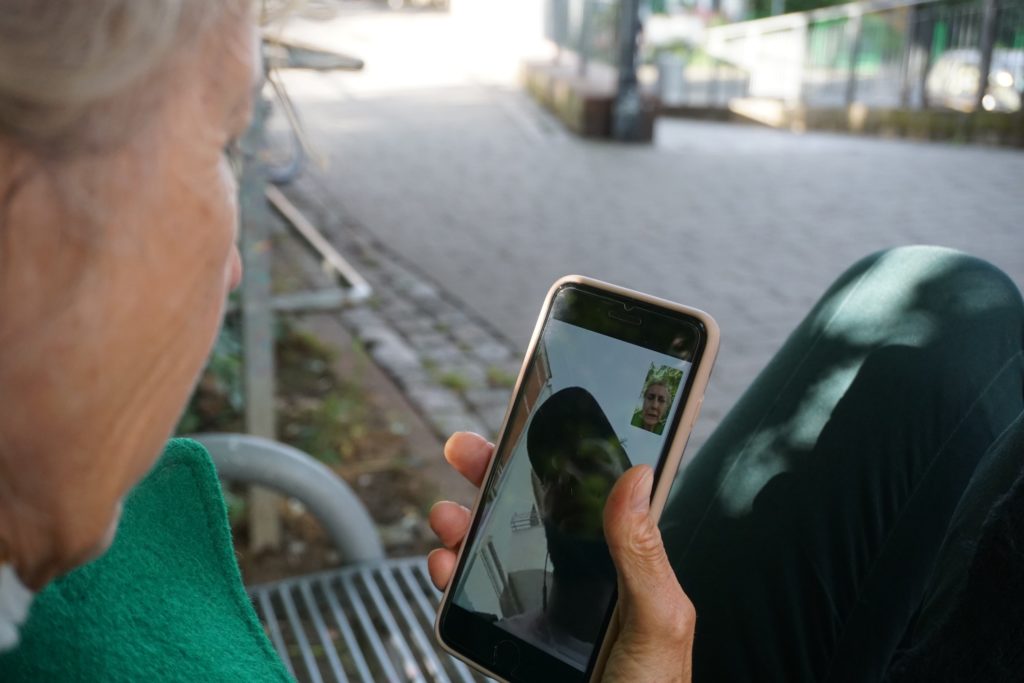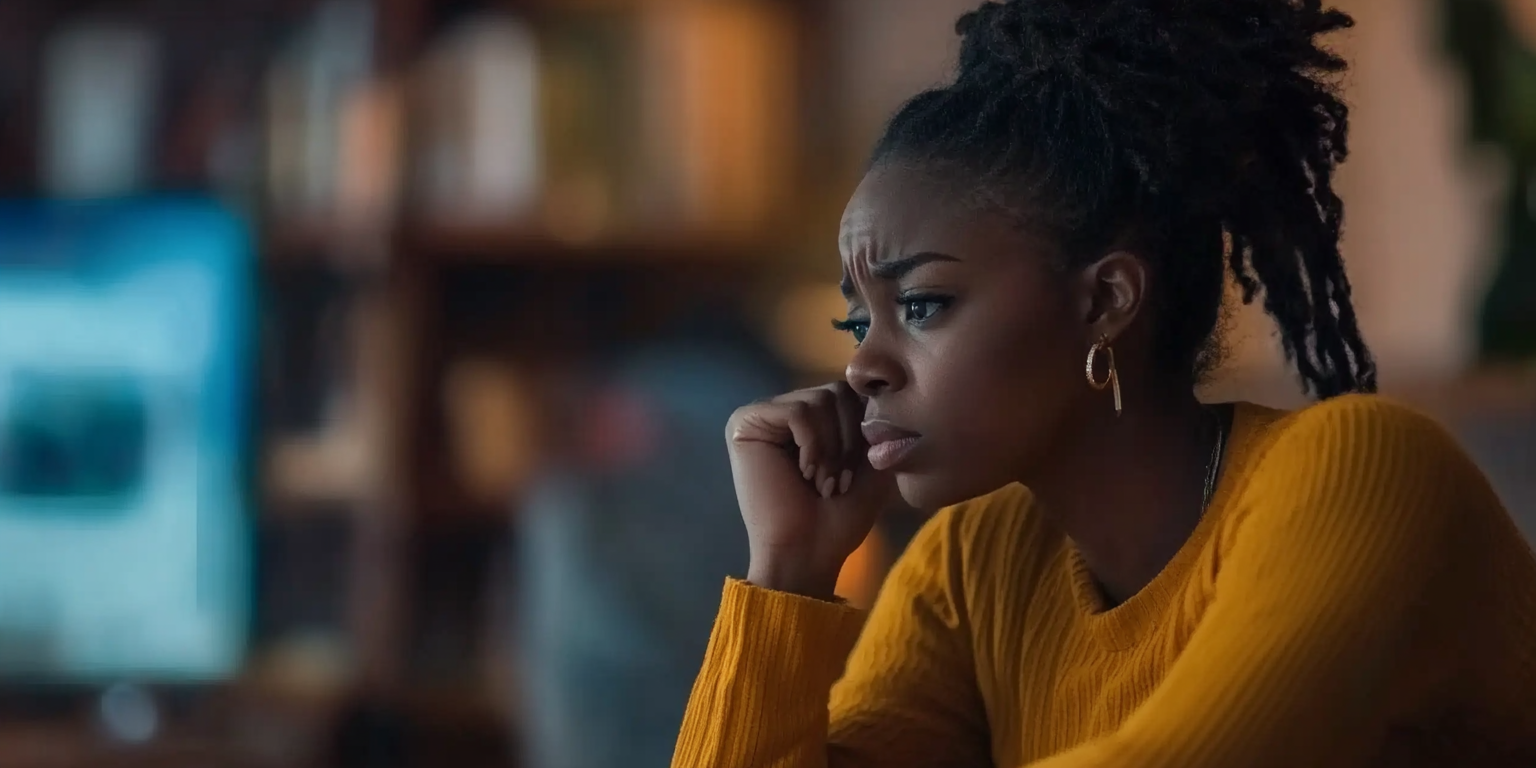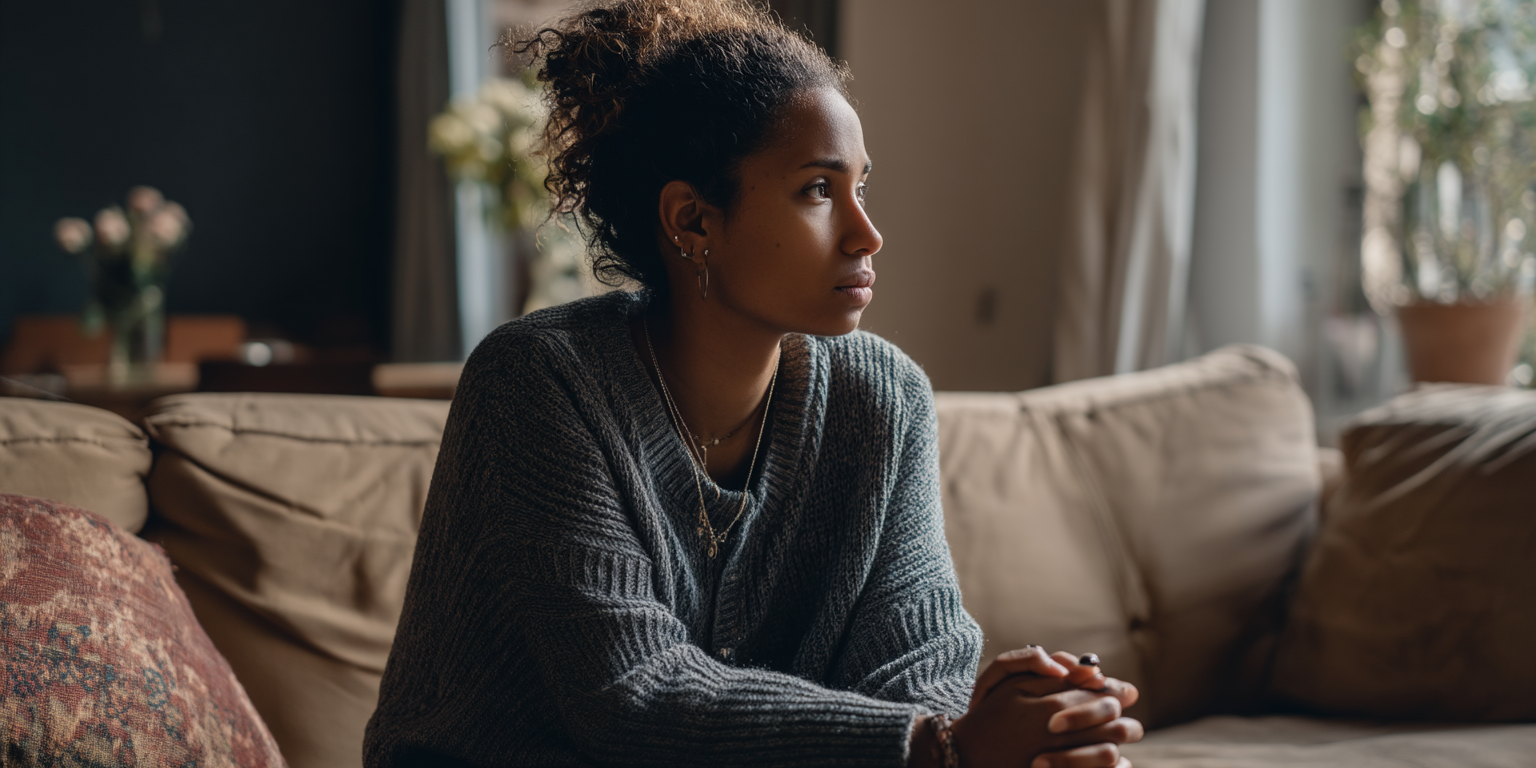4 Min Read
When Social Distancing Becomes Social Isolation
To help prevent the spread of COVID-19, the United States and other countries worldwide have issued school closures and shelter-in-place orders to reduce public gatherings and close contact. In cities like New York City, San Francisco, Seattle, and Miami, stay-at-home executive orders prohibit large gatherings to keep people safe and build up the health care system to treat sick people.
Social distancing, also called physical distancing, is the practice of maintaining a physical distance of at least six feet between yourself and the people outside of your home.

Why Practice Social Distancing?
According to the Centers for Disease Control (CDC), COVID-19 spreads mainly around people in close contact (within six feet) for an extended period. COVID-19 spreads when an infected person coughs, sneezes, or talks, and droplets from their mouth and nose come into contact with people nearby.
Although it’s possible to contract COVID-19 by touching an object with the virus on it and then touching their mouth, nose, or eyes, public health officials suggest that this is not the primary way the virus spreads. According to the available evidence, COVID-19 can live for hours or days on a surface depending on various factors, such as sunlight, humidity, and surface type. Maintaining a physical distance of at least six feet helps people limit opportunities to come into contact with contaminated surfaces and infected people in public spaces like grocery stores.
Social distancing is especially crucial for people at higher risk of severe illness from COVID-19, including older adults, people with compromised immune systems, and people with medical conditions such as heart disease and other chronic health conditions.
Although the risk of severe illness may be different for everyone, anyone—even younger people—can get and spread COVID-19. Social distancing can help everyone slow the spread and protect themselves, their family, and their community.
Social Isolation and Mental Health
The ongoing practice of social distancing is critical to help stop the spread of the coronavirus disease.
But without opportunities to socialize, participate in work and school activities, or attend events, many people are struggling with social isolation.
According to a recent study, a lack of social connection poses an increased risk for mortality compared to many known risk factors. For example, people who consume six or more alcoholic drinks a day have a lower risk of mortality than lonely people suffering from social isolation—the same is true for obesity, air pollution, and lack of physical activity. The effects of isolation include depression and general struggles with adjustment.
On the same note, social connection is associated with various measures of well-being. One study found that the difference between happy and unhappy people is not that good things happen to happy people, but that happy people have stronger social connections to others.
While it requires more effort and intentionality to maintain social relationships with others in times of social distancing, maintaining social connections with your friends, family members, and colleagues is well worth it. To help prevent social distancing from becoming social isolation, here are some tips to help maintain social relationships, promote social interaction, and take care of your mental health.

Find a Therapist to Navigate Social Distancing and Social Isolation
Get personalized matchesFight Isolation: Stay Connected To Your Loved Ones
During face-to-face meetings, remember to wear cloth face covers and follow social distancing guidelines. If possible, limit social contact to telephone and digital channels. Additionally, avoid close contact with others and stay away from public places if you’re experiencing the symptoms of COVID-19, such as shortness of breath, sore throat, or a fever.
In the absence of close contact, staying connected to friends, family members, and colleagues via Skype, Zoom, and FaceTime can allow you to share your responses toward the COVID-19 outbreak and reduce feelings of loneliness. While social media can serve as a valuable resource for social connection, be sure to limit your social media use if you’re feeling stressed or overwhelmed by news related to COVID-19.
For additional support, consider joining a National Alliance on Mental Illness (NAMI) support group. Joining a support group can help you expand your social network, express yourself more openly, and combat isolation.
Establish A Routine
According to the World Health Organization, adapting to lifestyle changes such as working from home and managing the fear of contracting COVID-19 is challenging for everyone, especially those with mental health conditions. Whether you’re a college student taking online classes or a full-time employee working from home, creating a routine is the best way to establish normality.
Set a routine, set the alarm to avoid sleeping in, change out of your pajamas, get ready for the day, and draft a to-do list of everything you want to accomplish to encourage productivity.
To avoid feeling trapped and burnt out while working from home, set aside a dedicated workspace, and stick to a regular work schedule. At the end of your workday, close your computer and don’t return to your workspace until the next day.
Seek Professional Mental Health Help
Everyone reacts differently to stressful situations, and socially distancing yourself from someone you love can be difficult. If you’re struggling with social isolation or overwhelming emotions such as depression, anxiety, or stress, know that these feelings are normal reactions to stress and that some people may need professional help. Teletherapy can provide emotional support and help you develop coping strategies from the comfort of your own home.
If you’re struggling to cope with feelings of loneliness, consider reaching out to a healthcare provider through WithTherapy. WithTherapy’s unique matchmaking service will connect you to a mental health care professional you feel comfortable with, regardless of your personal preferences and requirements. One of the qualified healthcare professionals on the WithTherapy platform can help you learn ways to cope with stress and navigate social relationships during social distancing.
Find a Therapist to Navigate Social Distancing and Social Isolation




